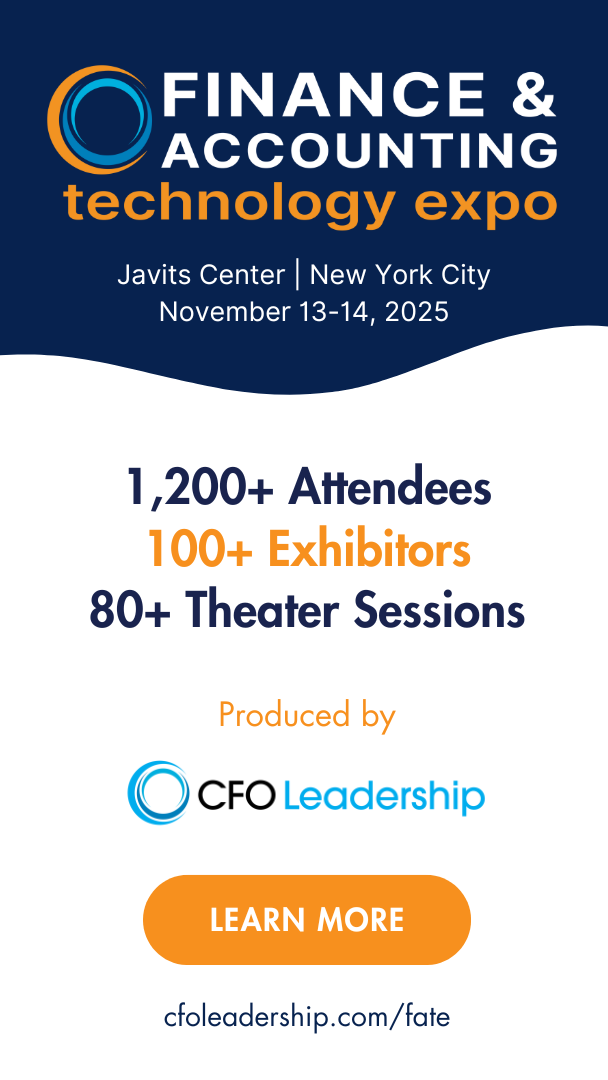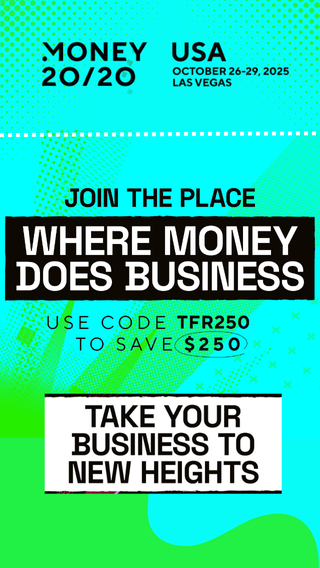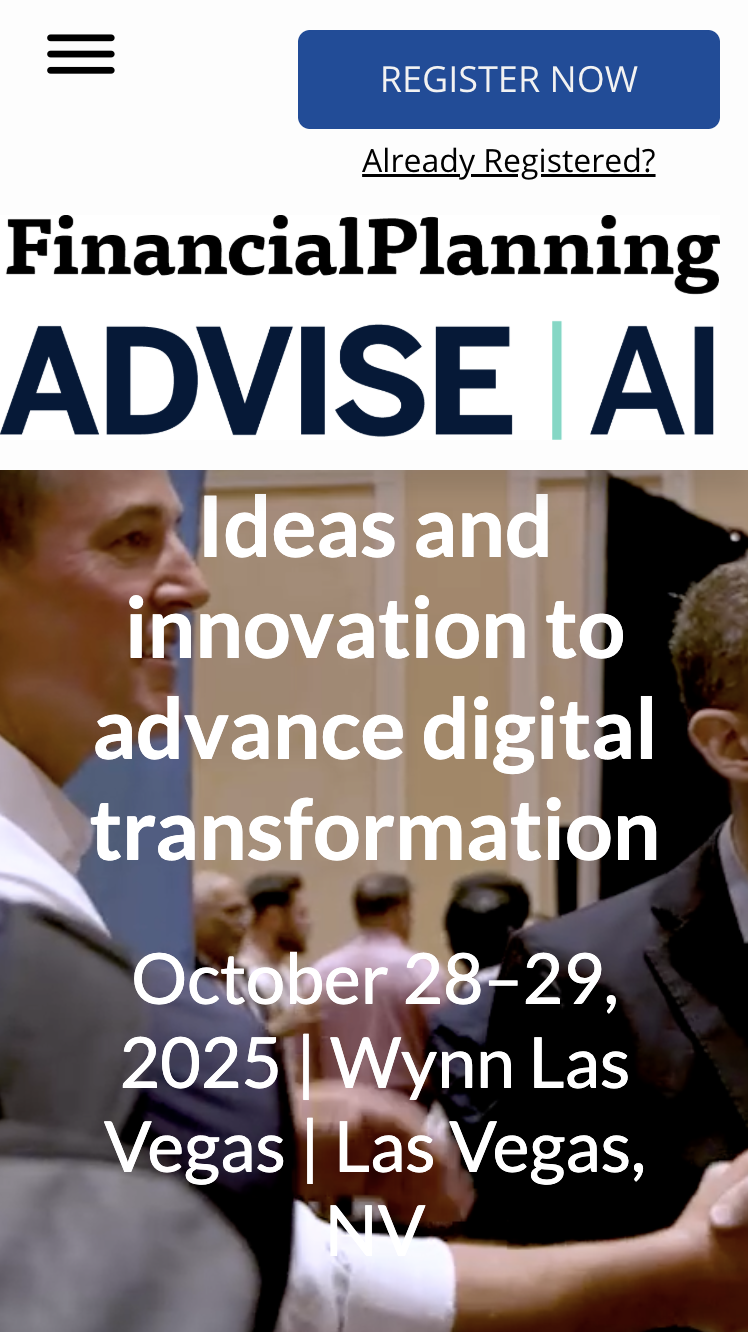A Conversation with Quantopian's CEO, John Fawcett
/John Fawcett, CEO of Quantopian
Some entrepreneurs have a knack for finding a conquerable problem and then executing a solid plan to address it. On the back of John Fawcett’s successful exit from his first company, Tamale Software, Fawcett appeared to be that kind of entrepreneur. But after he left Tamale, Fawcett started spending time with quantitative traders (i.e., quants) and the more he learned about how they created trading algorithms, the bigger and bolder his next idea became. The outcome of his thinking led him to a pivotal insight: the time had come to disrupt the exclusive world of quantitative hedge funds. How would he do it? By harnessing the power of crowdsourcing to build a community of quants, feeding that community with lots of data and incentivizing the community (through regular contests and events) to produce new strategies that could be used in live trading. Today, that unique approach has been transformed into one of the mostly closely watched fintech companies in America. For the company’s next act, Fawcett and his co-founder, Jean Bredeche, are hard at work in laying the foundation to launch an in-house hedge fund utilizing strategies generated from its 100,000+ member community. The FR’s Gregg Schoenberg recently sat down with Fawcett to learn more about his company and the bold moves he’s making to level the playing field in one of the most lucrative — and heretofore undisrupted — corners of the investment management universe.
The Financial Revolutionist: John, it’s great to speak with you. Can I call you Fawce?
John Fawcett: (Laughs) Yes, everybody does.
FR: How did you become interested in quantitative trading?
JF: When Advent acquired Tamale in 2008, it started selling our products globally to different kinds of asset managers. Our product was a repository for all the internal research and we started getting the feedback that there could be signal sources in our database. That was the first introduction I had to quantitative research.
FR: How were you able to penetrate the quant world?
JF: Well, it's a very secretive environment, but then I came up with the idea of creating a baby back tester.
FR: Enabling traders to see how their algos would have performed historically?
JF: Yes, and it was amazing to see the difference between showing up and saying, "Can you tell me what quants do?" as compared to saying, "I wrote this program. It's very unsophisticated, but can you look at it? Am I doing this right?" People became engaged around the back tester and helped me make it better.
FR: So you co-opted quants into your education?
JF: Yes, and what I discovered was that there was this void I was filling for quants who often had nobody to speak with.
FR: So what was the spark for Quantopian?
JF: I learned a lot about the concept of alpha decay, whereby every single strategy that's created starts to die as soon as it's born. As a result, quants are constantly trying to replenish alpha. I was attracted to that problem because I love making things, and I love thinking about the system for making things.
FR: So creating a system to replenish alpha was the big idea?
JF: Yes. I started to obsess about how quants do their research and produce new strategies. A related observation I made involved the bottleneck to the production.
FR: I’m assuming you’re referring to the people involved?
JF: Correct. I concluded that the bottleneck was the research department within quant funds — a labor coordination problem.
FR: But as you were going through this process of discovery, you obviously realized that the top hedge funds in the category have substantial resources.
JF: Sure, but there’s a limit to a fund’s ability to scale an in-house research department. So I started thinking about how you can use technology to maximize the effort that you pour into research. My thought was that by producing more quality ideas to evaluate, you could create a higher quality investment vehicle. The more I started to frame the challenge of uncovering more quality ideas, the more I realized that using the internet to crowdsource was the best possible approach.
FR: Initially, your idea encountered considerable skepticism. What did your first institutional backer, Spark Capital, see in Quantopian that others didn’t see?
JF: That's a great question. Andrew Parker (of Spark Capital) had been obsessing over the value of expert communities and how to create them. So when we met, we let him test our prototype. He proceeded to come back to me with a thesis in support of the value of the community we could create.
FR: A community with over 100,000 users today?
JF: Yes. We just crossed over 100,000 registered users, which is more than a vanity metric because these are people who have seen our product and understand that it's all about building new investment strategies. We're excited to have hit that milestone.
FR: Let’s talk about the contests, because that’s been a big driver of your community. How do you go about picking a winner?
JF: We look at performance, sharpe ratio and require that the strategies are hedged. We also have put some restrictions on what instruments can be traded. In addition, all of the strategies are benchmarked using the same assumptions for the capital allocations and market impact so as to normalize the evaluation.
FR: What’s the time period over which the strategies are compared?
JF: We use a six month trading window in conjunction with an entrant’s back test score.
FR: In addition to the free and premium data you offer, are entrants allowed to use other data sources as well?
JF: If you're going to be using that data for your own purposes, that’s fine. But for the contest and for evaluation to be included in our investment vehicle, we don't allow off-platform data.
FR: It follows then that your community always wants you to add more data sets, right?
JF: Yes, because data is like catnip for quants. They also love our environment because they don't do any of the drudgery of aligning data by symbol or worrying about point in time data structures. They just have ideas and get to test them.
FR: So how does the premium data side of your business figure into your plans?
JF: It feeds our investment management business line. Also, it aligns with our mission because we believe that data needs to get to the markets more directly to help discern price.
FR: When you look at a company like Quandl, do you see a friend or a competitor?
JF: A friend, definitely. We're kind of like a peanut butter and jelly sandwich because they are aggregating lots of data and we have all the tools to put it to work.
FR: Quantopian has certainly been busy on the deal front. Is it correct to say that Point72’s $250 million commitment will serve as the anchor for your fund?
JF: Yes. It’s hard to overstate the importance of the first client and for that client to be someone with the credibility of Steve Cohen and Point72 is a huge validation.
FR: Point72 is actually exposed in two ways, right? It’s backed the fund but it’s also on the cap table?
JF: That’s correct.
FR: So is the fund going to be the center of gravity for Quantopian?
JF: Yes, that’s right. Our focus right now is deploying our strategies and generating our initial track record. As we develop the business over the next one to hopefully twenty years, we're going to offer new investment vehicles and different types of strategies.
FR: Could you specify the first strategy?
JF: We're starting with the most premium, in-demand strategy today, which is a totally uncorrelated absolute return stream that’s market neutral and has low factor exposure. But we’ll build up a constellation of all systematic, all algo-driven strategies.
FR: Quantopian may be unique, but if things go according to plan, what fund will you look the most like?
JF: I see us as a hybrid. One part of our identity is this concept of having a portfolio of strategies and being able to run a process where we evaluate and also rebalance among the strategies that we have. This draws on the Millennium model. In fact, our CIO, Jonathan Larkin, was a former head of equities at Millennium. The other piece is modeled very much after Two Sigma, which is totally focused on acquiring data and squeezing signal from that data. The product of those two is what we’re aiming to achieve; to have all the benefits of the multi-manager model, multiplied by internet scale and automation.
FR: You’ve been running contests to foster your community and reward individual winners with actual dollars. But after you have launched the fund, are you going to take strategies and combine them together?
JF: Yes. One of the things that makes this business so amenable to crowdsourcing is that when you crowdsource, you get a whole bunch of answers. You have to have some way of combining the answers such that the combination is better than any of the individual answers. The key is to consistently produce new strategies that are not simply replicas of each other.
FR: If you’re creating a buffet of talented people who've created these strategies, and you're mixing and matching them to make the most delicious plate possible, isn't it a challenge to reward the individual contributor?
JF: That’s why we modeled ourselves after Millennium. Each individual author of a licensed algorithm in the investment vehicle is paid based on his or her algorithm's performance in isolation. That’s really important.
FR: When are you planning to launch the fund and what are the biggest challenges to hitting the ground running?
JF: We're looking at Q1. One thing that we're working very hard on is the trading and execution environment. There is a very, very difficult problem of creating the alpha in these strategies. But then, when you go to harvest that alpha from the markets, it can get eaten up by inefficient trading. So execution is absolutely critical. We've recruited seasoned people and built systems to be able to take advantage of the very latest in execution technology.
FR: Let’s talk about the bigger world you’re entering. I am operating under the assumption that there is only so much alpha to be had in the world. Do you agree?
JF: It's definitely a finite amount. But I think there’s a lot of opportunity because we're in a phase right now where inefficiency is high with respect to data. There’s an explosion in availability of data coming from the real economy.
FR: Can you provide a tangible example?
JF: Sure. We were recently in Singapore for a quant conference where I met a government representative. He was telling us that there’s a huge amount of very detailed data that comes through the Singapore port. They know every single SKU in every single container on every single ship.
FR: Do you have any anxiety about the degree to which data like that should be purchasable by private entities?
JF: Like any big change in the world, we're going to go through an adolescent phase. I think if you’re in the vanguard of people working with this data, you need to be extra thoughtful about the privacy issues. As I've gotten to know different data providers, there are many that I would be happy to do business with because their users know what's happening to their data and it's part of the quid quo pro that they have reached with their customers. There are others who I wouldn't want to do business with because the way they source data isn’t proper.
FR: Do you think the market can make the determination between good and bad actors by itself?
JF: You have to pay attention because it's not a mature sector where you can trust the market to sort these things out for you. But for society in the long run, I think it's a huge win because being informed about the workings of the market on a deeper level is good. It’s going to help people allocate capital more efficiently and plan for the future better.
FR: Let’s talk about competition. A person who works at Renaissance, Two Sigma or WorldQuant goes to your website. They are immediately hit by a shock of scarlet overlaid with bold letters proclaiming that Quantopian wants to level the playing field in creating investment algorithms. Should they be worried about being disrupted?
JF: I don't know what phase we’re in, but it reminds me of the Gandhi quote: “First they ignore you, then they laugh at you, then they fight you, then you win.” So yes, I think they should be worried because we've created a magnet for talent, and they know that their business is driven by the talent that builds their systems and does their research.
FR: Young talent.
JF: Yes. I think this involves technical fields where there's a tendency for young people to outperform. And it should be a little bit scary for them because we're finding people in places where no one is looking, that have really unique backgrounds which are not being picked up by the industry.
FR: As you scour the Earth for talent, have you thought about opening offices in China, India, Russia or Israel where there are concentrations of great people?
JF: We want to have a presence in all of the places that you just mentioned, but the way we think about presence isn't tied to having an office with employees. Instead, we want to see the community getting traction, to see people posting, attending events and connecting with each other.
FR: But no physical location needed?
JF: Our 100,000 members hail from 180 different countries, which is basically the entire world. The internet has been really phenomenal at matching together our content and the people interested in what we’re doing.
FR: After equities, are futures the next asset class for Quantopian?
JF: Yes, we actually have a limited alpha running right now. It’s about 80 contracts. I'm really excited about connecting with the futures community as there’s a huge number of people from midwestern cities like Chicago who have a focus there.
FR: You’re a former fundamental equity guy. What does the future hold for stock pickers?
JF: I approach the subject of your question differently. It’s a manual versus automatic approach. Automated strategies today are most successful when they're looking at thousands of individual securities and building a portfolio that way.
FR: So individual company analysis won’t go away anytime soon?
JF: I think that automation will come to that part of the process as well. Maybe it won’t be fully manual and discretionary anymore, maybe it's systematized, but individual company analysis is going to survive for a while.
FR: For a while?
JF: Yes, until someone figures out how to bring automation to individual stock selection. That said, I think if you're running a hedge fund with a strategy that could be essentially replicated with a pretty simple factor model, then you're going to be in trouble because there's eventually going to be an ETF for it, and it's going to be low cost and no one's going to pay hedge fund fees for it. If you’re in the investment management industry, you have to take automation very seriously — even if you have a good track record.
FR: Let's say you have a guy who licenses his strategy to you and he keeps on creating updates to the strategy year after year. Are you at all worried that he begins to look like an employee as opposed to a community member?
JF: Our dream is to find people who are prolific. If we run into someone who's creating many strategies, we’d like to create a fund around that person and their strategies. We become the platform and take care of the legal and fundraising, but they're the star.
FR: A Tiger Management that spawns cubs?
JF: Of sorts, yes.
FR: Lastly, this is the second time to the rodeo for you. Your first ride ended well and by all measures, you’re on the right track again. Nonetheless, is there anything significant that you would have done differently?
JF: When I went to the backyard shed and started making stuff, I really wanted to be an investment manager. That was the idea: use crowdsourcing strategies to become an investment manager. But over the course of the last few years, because we were creating this very valuable platform and this very valuable community, all kinds of other opportunities arose.
FR: So you were tempted by bright and shiny objects?
JF: Yes, exactly. I would go back and tell myself to go with the thing that you really want, which is to be an investment manager. Make every decision through the lens of "I want to be an investment manager.” If it works, it'll be awesome, and if it doesn't, it was a hell of an idea worth trying.
FR: On that note, Fawce, thank you.
JF: Thank you as well, Gregg. I really appreciate it.
This interview has been edited for content, length and clarity.
Enjoy The FR’s interview with Quantopian’s John Fawcett? Check out our other interviews:
AlphaSense’s CEO, Jack Kokko
Cloud9 Technologies' CEO, Jerry Starr
MaxMyInterest's CEO, Gary Zimmerman













